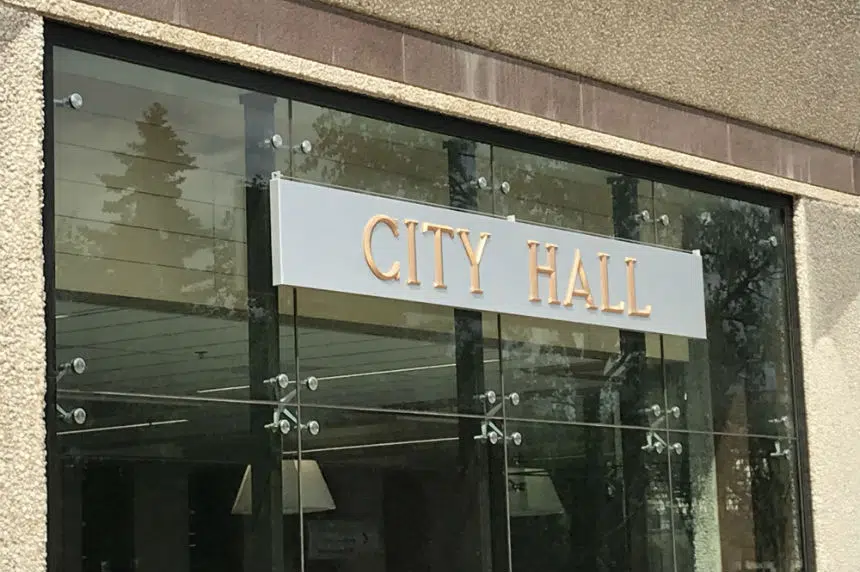Editor’s Note: At a later meeting on Friday night, Regina’s city council agreed to additional restrictions above and beyond the province’s.
These include limiting group meetings to no more than five people, closing retail stores effective Monday except grocery stores, pharmacies, and gas stations, and closing in-building dining at restaurants effective Friday instead of Monday as the provincial government ordered.
These orders will be in effect for seven days unless city council asks to extend them.
Mayor Michael Fougere had said earlier in that day that, in any conflict, provincial rules take precedence.
The City of Regina declared a state of emergency Friday in response to COVID-19.
It means restrictions on what people can do within the city. That includes restaurants and bars, which must limit services to pickup and delivery service only.
City council held an emergency meeting Friday morning at which many of the restrictions were set out. They became redundant when the province held a media conference in the afternoon and instituted sweeping restrictions.
One thing the city is doing is allowing residents to defer bill payments due to the financial constraints that could be caused by the virus.
Council approved the Utility Payment Deferral Program, which will let residents and businesses “defer payments toward their water utility account for up to six months with no late payment charges or interest charges applied,” the city said in a release.
The city also is suspending all payment collection on overdue utility and property tax accounts. Water service won’t be shut off for any residents with outstanding account balances or those who can’t pay.
The deadline to pay 2020 property taxes also could be adjusted. Tax notices are to be issued in May as normal, but property owners will have until Oct. 1 to pay before they’re penalized.
Reaching out
The city is working with 30 non-profit social service providers and the province to assist those in need.
The city and Regina Education and Action on Child Hunger (REACH) are teaming up to deliver lunches to children and youths who used food programs at their schools, which were closed Thursday.
With help from other community-based organizations like Chili for Children, the Regina Food Bank and Regina Food for Learning, the program is expected to produce 750 to 1,000 lunches per day, seven days a week. The lunches will be prepared using Regina Exhibition Association Limited facilities.
It’s hoped the program will be operational by Wednesday.
The city also is helping the food bank as it looks to distribute hampers around Regina.
Meanwhile, the city is working with non-profit social services organizations and the province to address shortages in shelter housing.
The municipal government also is trying to help agencies that are facing shortages in supplies like masks, gloves and disinfectants.











